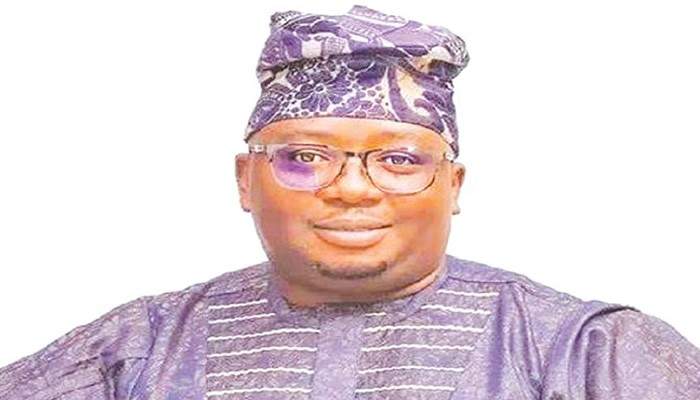Concerns are rising among Nigerians regarding the potential impact of further increases in electricity tariffs on their already strained economic situation. Despite calls from the government and industry players for cost-reflective tariffs, many fear that removing electricity subsidies could exacerbate financial hardships for the masses.
Stakeholders in the power sector have been pressuring President Bola Tinubu to end electricity subsidies, citing the need for a fully deregulated power sector. However, reports suggest that the President is hesitant to remove the subsidies, mindful of the economic challenges faced by Nigerians following the removal of fuel subsidies and the floating of the naira.
Minister of Power, Adebayo Adelabu, has been vocal about the necessity of removing electricity subsidies to ensure a sustainable power sector. He emphasizes the importance of cost-reflective tariffs to address liquidity issues in the industry. Despite the government’s efforts to subsidize electricity costs, mounting debts and financial constraints continue to pose challenges.
The Association of Nigerian Electricity Distributors highlights the discrepancy between the cost of electricity production and the selling price, leading to ongoing subsidies and financial shortfalls. They stress the importance of determining the true cost of electricity to ensure a reliable and accessible power supply.
In response to the growing concerns, the Senate has rejected plans to remove electricity subsidies, citing the current economic hardships faced by Nigerians. They call for a thorough investigation into the reasons behind the subsidy removal proposal and emphasize the need to protect consumers from exorbitant electricity charges.
Minister Adelabu proposes a gradual phase-out of electricity subsidies over the next three years to mitigate the impact on consumers. He acknowledges the challenges posed by high inflation and devaluation of the naira, emphasizing the government’s commitment to a sustainable transition to cost-reflective tariffs.
As discussions continue on the future of electricity subsidies in Nigeria, it is essential to consider the impact on consumers and the need for a balanced approach to ensure affordability and sustainability in the power sector.
